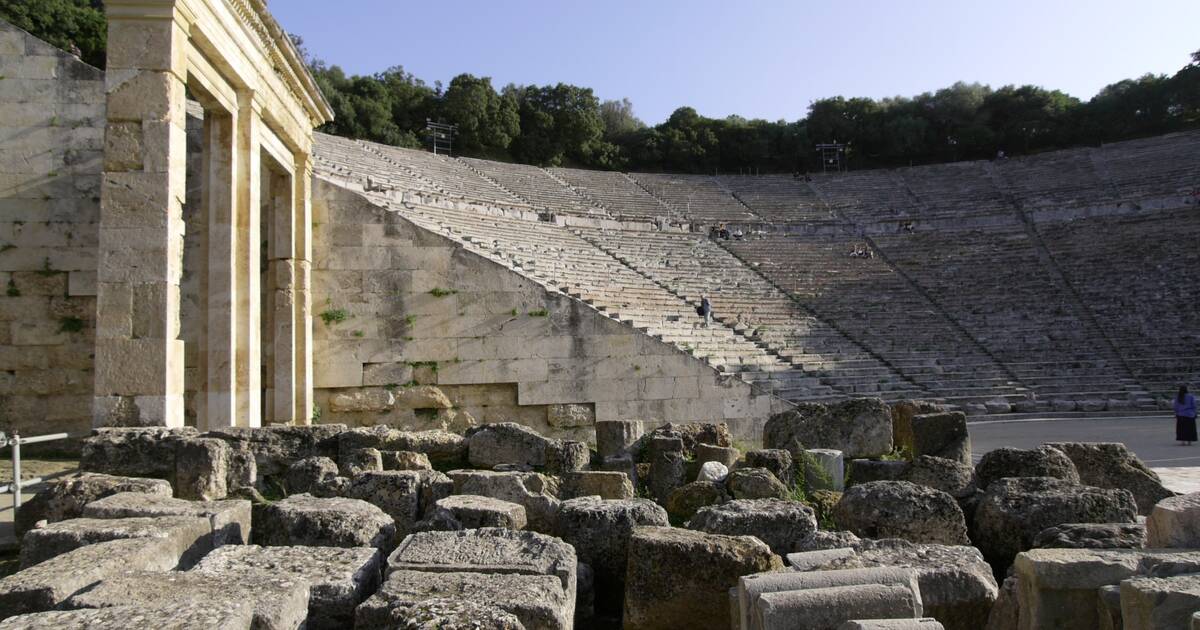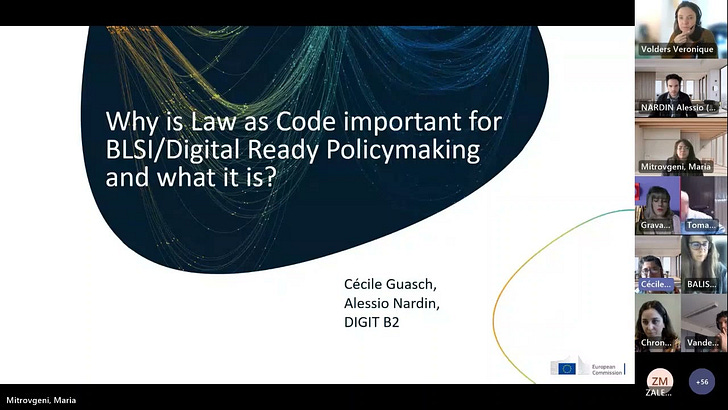
The temple of Asclepios, the Greek god of healing arts and medicine, at Epidaurus was pretty much the ancient Greek world’s equivalent of the Mayo Clinic. It then tells us a lot about the Greek worldview of healing that one of the things the temple complex prominently featured was a theatre. The Greeks believed in drama therapy, but in perhaps a slightly different way of how we think of it today.








